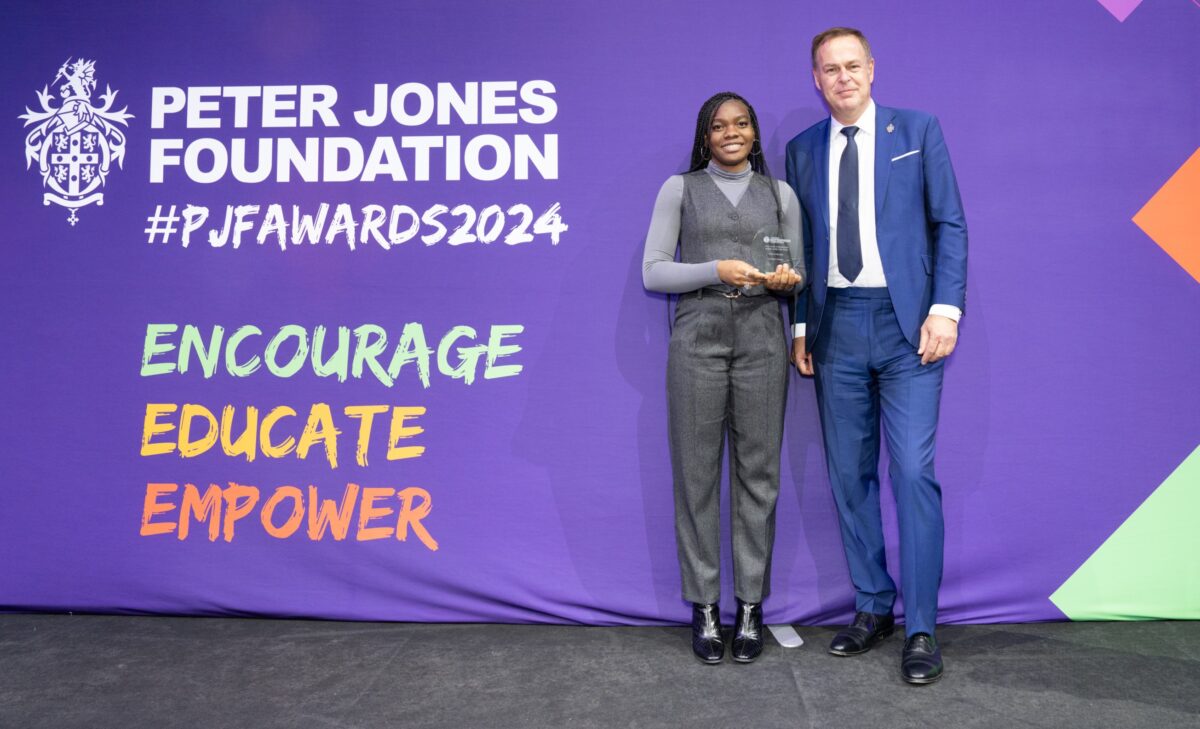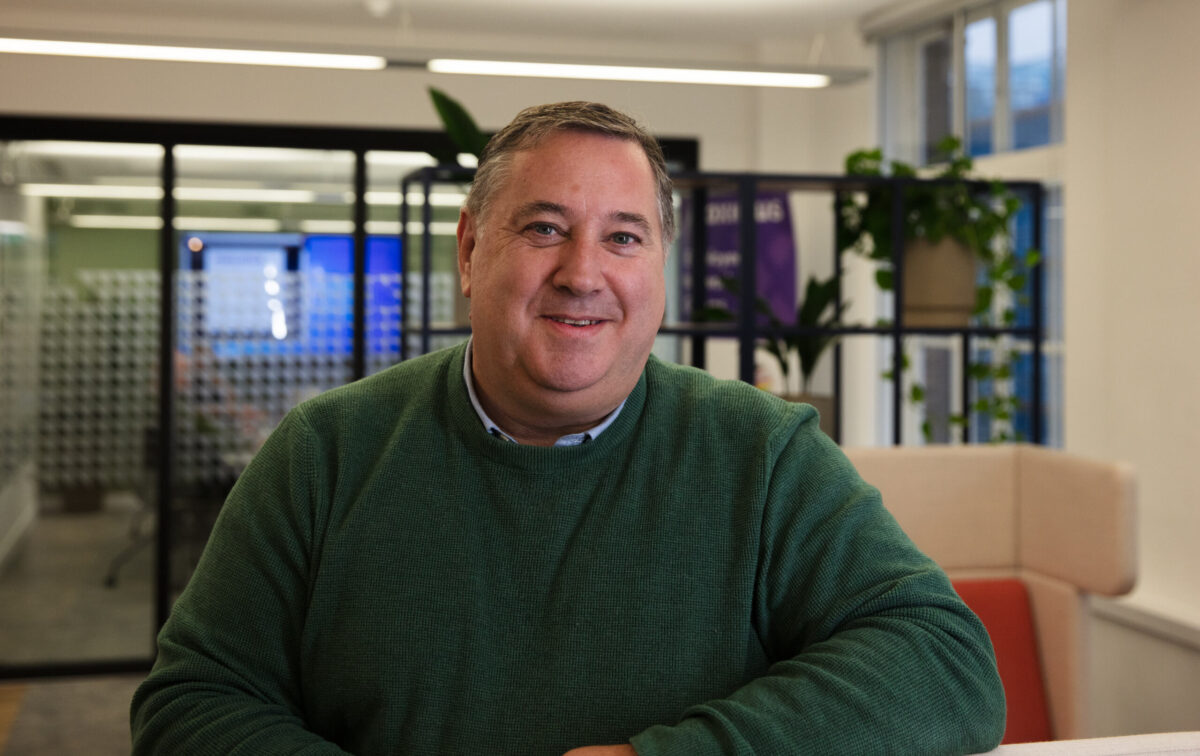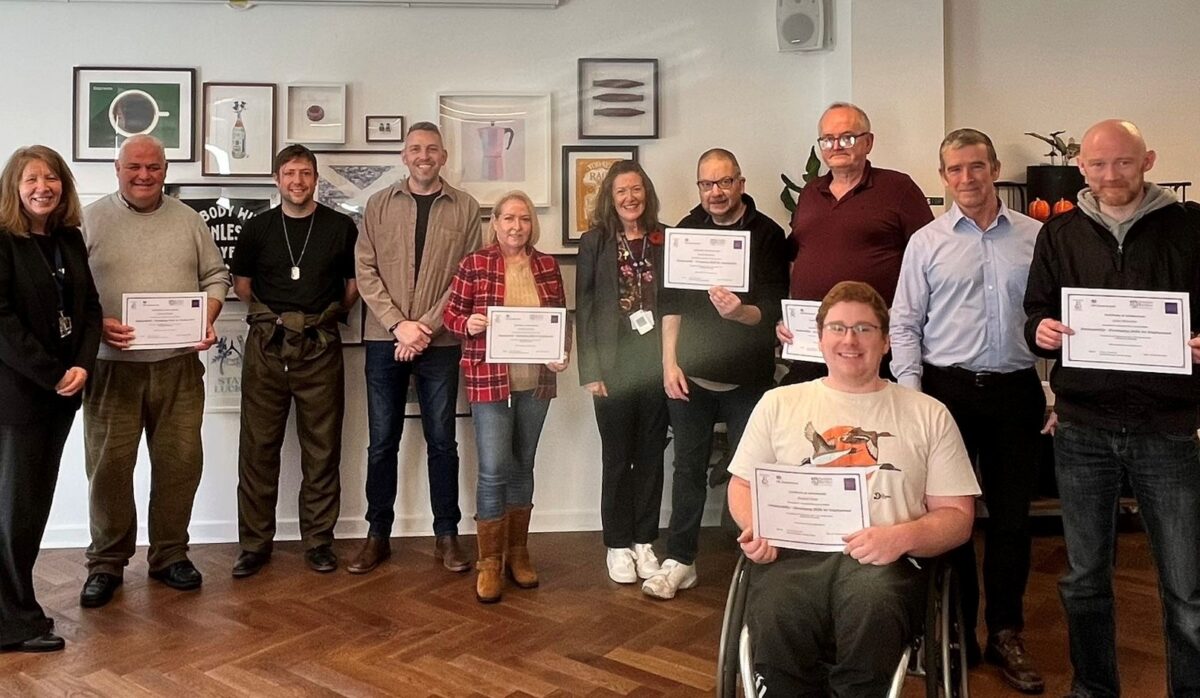People Productivity: How to Build Highly Effective Teams in the Workplace

The modern workplace has changed. Over recent years businesses have been forced to adapt to substantial changes in how they operate, and in doing so, have naturally become more agile. But in tandem, employees’ expectations have increased. We know happy staff are more productive but what is the best way to build a highly effective team?
In this article, Jane Knight, Founder of Successful Mums Career Academy explores key strategies to nurture productivity, enhance motivation, and encourage staff retention within FE organisations.
The importance of cultivating highly productive teams cannot be underestimated. After all, collaboration and innovation are vital in our sector to stay on the front foot and be able to adapt to changing trends, as well as react to the needs of employers and businesses. Highly motivated and engaged teams make things happen. From an employer perspective, those motivation levels also have a huge impact on staff retention. So, it’s win win. But how do we maximise that effectiveness?
The foundation of a highly productive team lies in a positive work culture. It is up to us as FE businesses to create an environment where employees feel valued, supported, and empowered.
You can’t play down the importance of open communication and recognising achievements to support a sense of belonging. When individuals feel connected to their work and colleagues, they are more likely to be motivated, engaged, and committed to the organisation.
With the landscape of further education rapidly evolving, continuous learning is not only beneficial but necessary. 87% of employees say professional development opportunities would help increase their job satisfaction[i]. At Successful Mums CPD is embedded in the business culture, and quite literally every day is a school day. By providing opportunities for professional development, it not only enhances the skills and knowledge of employees but also demonstrates a commitment to their personal growth. This investment in staff development can lead to increased job satisfaction and motivation, plus employees feel valued and equipped to contribute meaningfully to the organisation.
It’s all a balancing act
While the need to maintain a good work-life balance is an obvious one, in an era where burnout is a growing concern, wellbeing has quite rightly risen to the top of the agenda. For women returners especially, being able to manage the ‘mum juggle’ is vital to ensure a smooth transition back to work.
And it is not difficult for to employers to support this. Flexible work arrangements, wellness training and programmes, and initiatives that support mental health can contribute to a workforce that is not only highly productive but also content and loyal. Staff forums; regular meetings; appraisals and feedback sessions all provide a brilliant outlet for listening to staff on how their work-life balance can be improved, the key is acting on it and demonstrating yourself as an empathetic employer.
We know flexible working is high on the employee wish list. According to the CIPD, when thinking about a new job 71% of employees now say being able to have a flexible working pattern is important. But you need to consider how to introduce this and the impact on your organisation. Flexible working isn’t a full-time job Monday to Friday with one day from home, flexibility means much more than that. At Successful Mums it is being able to prioritise family needs and being a ‘present parent’ who can be at sports day and the school nativity. It’s finding a flex that works for employees and employers alike. As a business you want to encourage a positive approach to working hours, but it needs to be in the context of your organisation so look at how you can make small changes over time.
And the starting point should always be your team. Speak to them to find out what they would value or need. Then consideration the practicalities. For example, do the proposed work patterns ensure there is always a safeguarding point of contact on hand? I go back to my point about open communication. That is key to making it a success.
Clear Goals and Expectations
Clarity is vital when it comes to team productivity. Every employee needs to know how they fit into the organisation and their own personal role, but also what they are striving to achieve as a collective.
Clearly defined goals and expectations provide employees with a roadmap for success. This includes setting measurable targets, communicating expectations, and providing regular feedback. When individuals understand their role within the organisation and how their contributions align with broader objectives, they are more likely to stay engaged and motivated.
I am a real believer in playing to people’s strengths and love seeing people grow in their roles. But employees also need to be stretched in a supportive way. Taking a step out of the comfort zone can feel daunting, but with encouragement staff can be empowered to take on leadership roles, which not only benefits the individual but contributes directly to the success of the business. Leadership development programmes and mentorship opportunities can inspire a sense of ownership and commitment among staff members and harps back to that all-important continuous development.
Building a Team of Talent
Teamwork is the backbone of any successful FE business. Encouraging collaboration through cross-department projects, enhances individuals’ visibility in the organisation. And when employees feel connected to their team, they are more likely to invest time and effort into their work, fostering a sense of unity and purpose.
Acknowledging and celebrating the achievements of individuals and teams is a powerful motivator. Recognition can come in various forms, from verbal praise to formal awards. Personally, I opt for a monthly staff recognition award, which not only boosts morale, but allows staff across the organisation to better understand the roles that individuals play within a team. It isn’t about overblown expensive gifts, more so just acknowledging hard work and achievement. You can see the impact of this kindness through staff gratitude and a positive culture. In fact, 69% of employees say they would work harder if they felt their efforts were better recognised.
A diverse and inclusive workplace is not only a moral necessity but also a driver of innovation and productivity. We have a duty, through funded programmes to promote diversity and inclusivity, ensuring that all voices are heard and valued. But internally when employees feel a sense of belonging, they are more likely to be engaged, motivated, and committed to a business’ success.
There is a myriad of ways that you can build highly effective teams and it feels like we are just scraping the surface. Working out what is right for your business requires a holistic approach where you take a step back and prioritise the wellbeing, development, and engagement of employees.
Through active listening, you can focus on enhancing happiness and a sense of belonging in your workplace, which goes a long way to retaining top talent in an increasingly competitive landscape.
By Jane Knight, Founder of Successful Mums Career Academy
FE News on the go
Welcome to FE News on the go, the podcast that delivers exclusive articles from the world of further education straight to your ears.
We are experimenting with Artificial Intelligence to make our exclusive articles even more accessible while also automating the process for our team of project managers.
In each episode, our thought leaders and sector influencers will delve into the most pressing issues facing the FE.











Responses